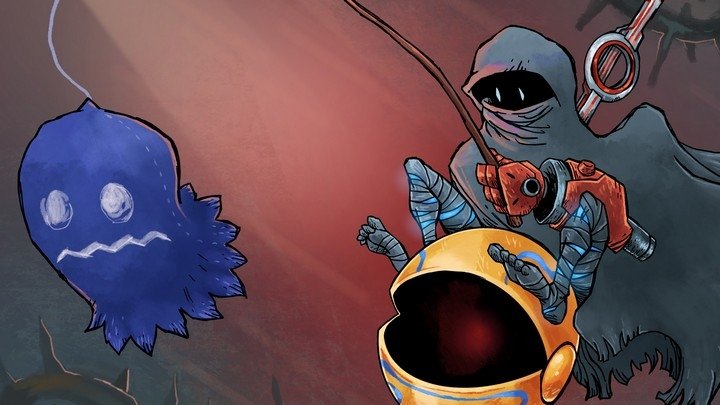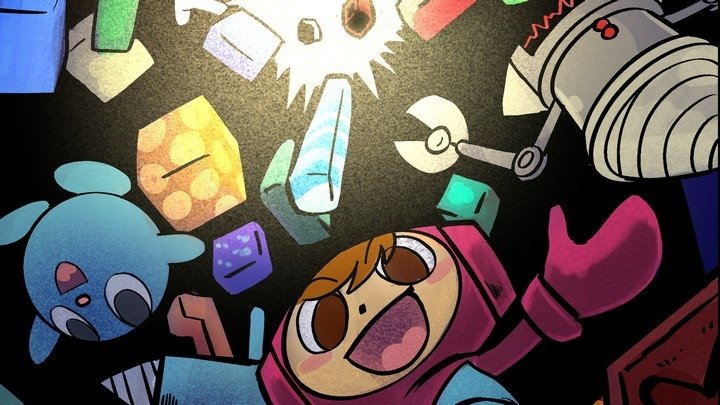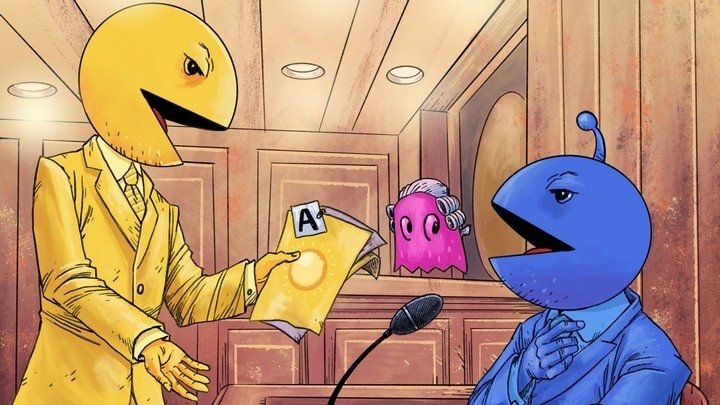RIP Sonny Chiba, Japanese action star
1939-2021
The world has lost Shinichi "Sonny" Chiba, an action film legend whose career spanned seven decades. Chiba's daughter Juri Manase confirmed he died from COVID-19 complications on August 19; he was 82 years old but still very much in the public eye, so the news came as a shock when it broke late Thursday night.
Born in the far-western prefecture of Fukuoka, Japan, at a young age he moved east to suburban Chiba prefecture, a name which became his professional identity years later when he made his television debut in 1960. Chiba was an action lead from the start, appearing in superhero programs, science-fiction, and crime dramas. His star rose suddenly in the 1970s when martial arts films entered the international spotlight. 1974's Gekitotsu! Satsujin ken, later retitled The Street Fighter abroad, gained Chiba fans around the world (as well as the nickname "Sonny" from New Line Cinema's Robert Shaye).
Chiba would spend the next twenty years playing an assortment of tough guys, everyone from karate masters to taciturn assassins to gangsters. It wasn't just an act for him, though, as he was a legitimate black belt who studied under renowned Kyokushin Karate founder Masutatsu Oyama, and would even play Oyama in a trilogy of films. He brought other famed historical figures to life on television when he played one-eyed swordsman Yagyu Jubei in The Yagyu Conspiracy and the ninja Hattori Hanzo on Shadow Warriors.
While Chiba's action career slowed in the 1990s, his reputation only grew as his work would continue to influence and resonate across pop culture. Quentin Tarantino was probably his biggest fan outside of Japan as he included multiple direct references to Chiba in his earliest scripts. Tarantino's shameless self-insert protagonist in True Romance attends a Sonny Chiba movie marathon, and Jules' signature reading of "Ezekiel 25:17" in Pulp Fiction comes almost word-for-word from the opening of The Bodyguard (1976). Years later, Tarantino would cast Chiba in Kill Bill Volume 1; Juri Manase also worked as a stuntperson on set and appeared on-screen as a member of the Crazy 88s. Chiba plays "Hattori Hanzo," a nod to his earlier portrayal of the character.
While Chiba never had any direct involvement in video games, his body of work inspired many of the people who would make those games. Much like his contemporary Bruce Lee, plenty of unauthorized depictions of Sonny Chiba appeared in games in the 1980s and 1990s. A digitized rendition of Chiba as Hattori Hanzo leaps onto the title screen in The Revenge of Shinobi, blocking shuriken with his ninja sword as he stares at the player. The likeness is so obvious that modern ports of the game change the ninja's face just enough to obscure the plagiarism.
It is difficult to recommend a single Sonny Chiba film, as multiple versions exist in different regions under alternate titles. Many have fallen into public domain and have been recut as needed to fulfill late-night programming needs or bargain bin DVD boxes. My personal favorite is Karate Bearfighter, a movie where Sonny Chiba fights a wild bear with his bare hands and wins. An English-subtitled version aired on IFC years ago at two in the morning and it held my complete attention.
It's not often that one can lament the loss of an 82-year-old man as "too soon," but Sonny Chiba seemed like the kind of presence that would last much longer. His celebrity cred rose and fell over time, but his badass persona persisted in ways that other action stars could never maintain. Just look at Keanu Reeves' reaction to meeting Sonny Chiba in 2015; seeing his childhood hero both thrills and humbles him. Perhaps that will be Chiba's lasting reputation, an action "maestro" that embodied violent men on screen in a way that even other actors admired years later.
Beyond his 100+ film and television credits, Chiba leaves behind Manase and two sons, Mackenyu and Gordon Maeda, all of whom are actors themselves.




